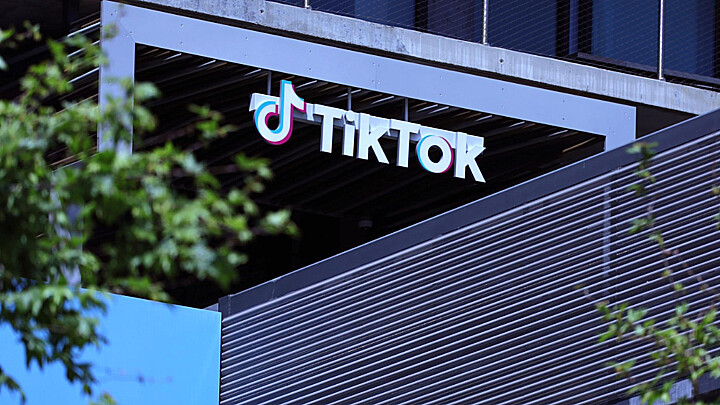Technology
IRS will soon require website users to submit selfies for access to records
Previously, a simple username and password were enough to access online services
January 25, 2022 5:26pm
Updated: January 26, 2022 2:37pm
The IRS will begin requiring taxpayers to provide photos of themselves to access certain tools and applications on its website.
Beginning in summer 2022, people will be required to create an account with ID.me, an identity verification service, and provide government-issued ID with a photo, like a driver’s license or passport, along with a video selfie of themselves using a phone or computer.
However, the IRS said that people will not be required to undergo facial verification to submit their taxes, only to view more sensitive documents online like accounts, transcripts, and payment agreements.
Previously, a simple username and password were enough to access all these services.
"Identity verification is critical to protect taxpayers and their information," IRS Commissioner Chuck Rettig said in a statement. "The IRS has been working hard to make improvements in this area, and this new verification process is designed to make IRS online applications as secure as possible for people."
Any existing IRS accounts will work until summer, when users will be required to create a new account with ID.me to continue using the website. People can register today, as cybersecurity blog KrebsonSecurity demonstrated.
Privacy advocates have expressed concern over the new policy, saying it put sensitive information at risk.
"Very s***** short-term decision making which will only lead to further ruin for Americans when their data is inevitably breached," Jackie Singh, director of technology and operations at the Surveillance Technology Oversight Project, said via tweet.
The IRS previously relied upon Equifax for identity verification, but severed its “taxpayer identity”after the credit bureau admitted to a hack that compromised the sensitive information of 143 Americans, including Social Security numbers, birth dates, addresses, and driver’s license numbers.
The Virginia-based ID.me was launched in 2010 with the goal of validating discounts for veterans, teachers and students, but took off during the pandemic as states battled unemployment fraud.










